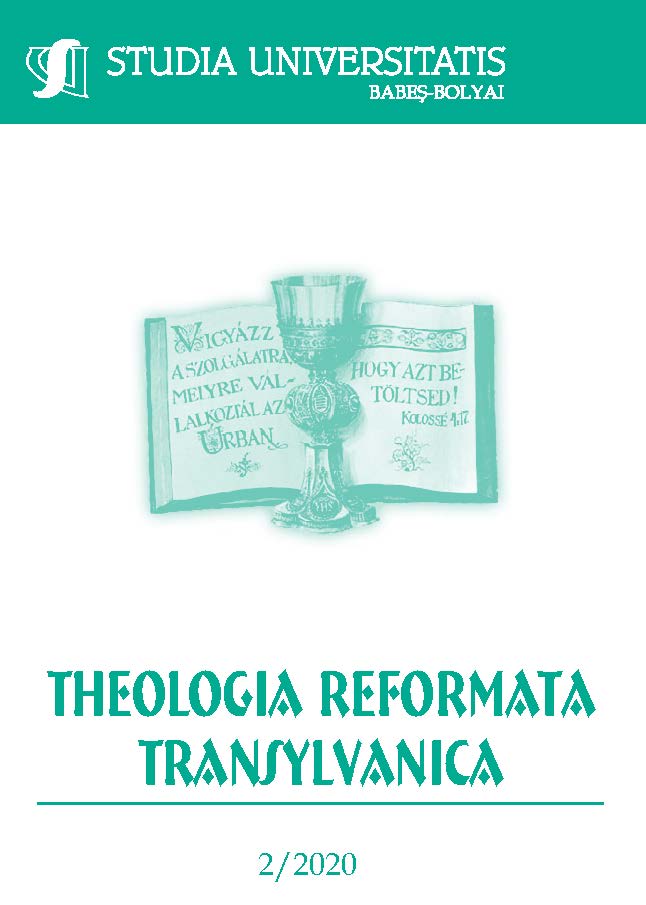ETHNICITY, CONFESSION, NATION – THE DEVELOPMENT OF CONCEPTS IN THE HISTORY OF TRANSYLVANIA IN RELIGIOUS LIFE
ETHNICITY, CONFESSION, NATION – THE DEVELOPMENT OF CONCEPTS IN THE HISTORY OF TRANSYLVANIA IN RELIGIOUS LIFE
Author(s): Ioan ChirilăSubject(s): Eastern Orthodoxy
Published by: Studia Universitatis Babes-Bolyai
Keywords: ethnicity; people; confession; dynamic status; national consciousness; Transylvania; the church;
Summary/Abstract: The church has had to accept the national division of Europe since the Middle Ages and adapt to this situation. This issue is relatively unclear in the case of Transylvania. N. Iorga stated about the Orthodox Christian consciousness that “it was so strong that it hindered the creation of a strong national consciousness”, and this would allow us to see in the ecclesiastical organization a form of expression of unitary organization of Romanian ethnicity in Transylvania. The time of Transylvanian principalities and voivodeships shows us that most often the ecclesiastical leaders were also the political leaders (see the case of Prince Andrew Báthory who was Archbishop of Warmia – Poland); so, the two concepts of ethnicity and confession reflected the same historical reality during those times. The two concepts will become separated only later, after the emergence of confessions other than the Eastern rite. In support of our statement, we have the correspondence between the Hungarian kings and officials and the papacy. Before dealing with these perspectives, we shall pin down the terminology to grant the reader the possibility to understand the historical situations through a kind of thinking marked by the imprint of the Holy Scripture.
Journal: Studia Universitatis Babeș - Bolyai Theologia Reformata Transylvanica
- Issue Year: 65/2020
- Issue No: 2
- Page Range: 145-162
- Page Count: 18
- Language: English

